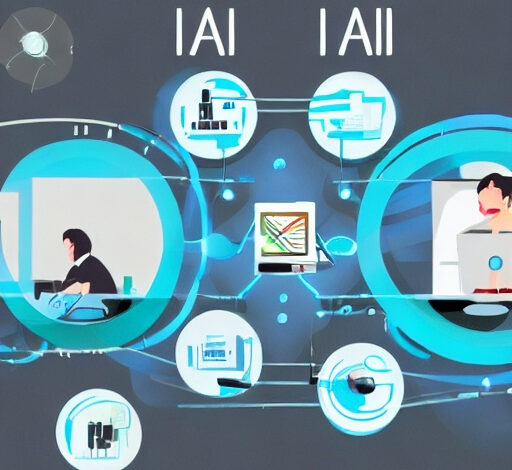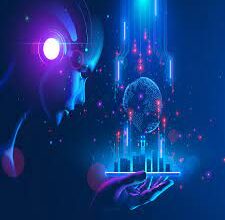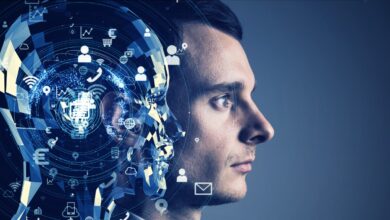AI in the Workplace.

Introduction
AI, or Artificial Intelligence, has become increasingly prevalent in our daily lives. From virtual assistants to predictive algorithms, AI has changed the way we interact with technology. But what about its impact on the workplace? In this blog post, we will explore the role of AI in the workplace, its benefits, challenges, and potential future developments.
Content
The Rise of AI in the Workplace
- Over the past decade, AI has made significant advancements, leading to its widespread adoption in various industries.
- Companies are harnessing the power of AI to automate tasks, improve decision-making processes, and enhance productivity.
- Examples of AI in the workplace include chatbots for customer support, machine learning algorithms for fraud detection, and AI-powered recruitment tools.
Benefits of AI in the Workplace
- Increased Efficiency: AI can automate repetitive tasks, freeing up time for employees to focus on more complex and strategic work.
- Enhanced Decision Making: AI algorithms can analyze vast amounts of data and provide insights to support decision-making processes.
- Improved Customer Experience: Chatbots and virtual assistants powered by AI can provide instant and personalized customer support, improving overall satisfaction.
- Cost Savings: By automating tasks, companies can reduce operational costs and potentially enhance profitability.
Challenges and Considerations
- Job Displacement: One of the primary concerns surrounding AI in the workplace is the potential for job loss. However, studies suggest that AI will augment jobs rather than replace them, creating new roles and opportunities.
- Ethical Implications: AI raises ethical considerations such as privacy, bias, and transparency. It is crucial to ensure that AI systems are designed and implemented ethically, with proper safeguards and regulations in place.
- Training and Adaptability: With the integration of AI, employees may need to acquire new skills to work alongside AI systems effectively. Companies must invest in training programs to upskill their workforce and promote adaptability.
The Future of AI in the Workplace
- Continued Advancements: AI technology is evolving rapidly, and future developments are expected to bring even more sophistication and capabilities.
- Collaboration between Humans and AI: The future of work lies in collaboration between humans and AI. Augmented intelligence, where AI assists humans in decision-making processes, will become more prevalent.
- Emphasis on Human Skills: As AI takes over repetitive and mundane tasks, the demand for human skills like critical thinking, creativity, and emotional intelligence will increase.
Conclusion
AI’s presence in the workplace is transforming how we work and interact with technology. While it presents numerous benefits, it is crucial to address the challenges and ethical implications associated with its adoption. The future of work lies in the collaboration between humans and AI, emphasizing the importance of human skills in a technology-driven world. By embracing AI while ensuring its ethical implementation, we can harness its potential to create a more efficient and productive workplace.




